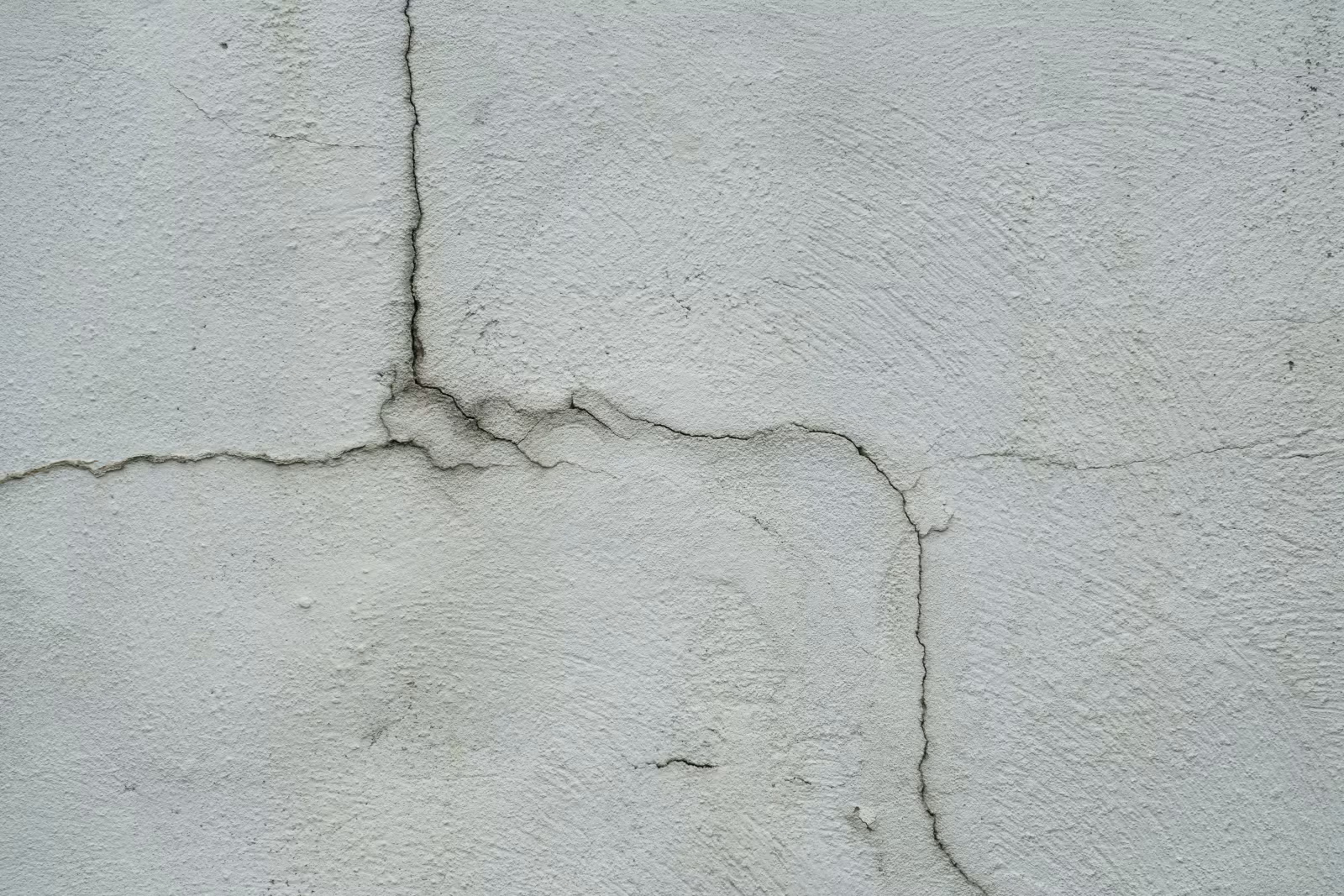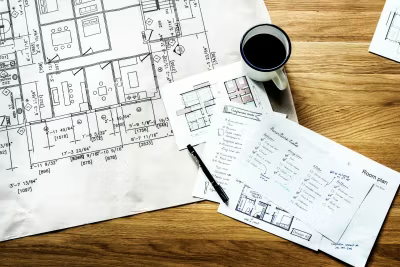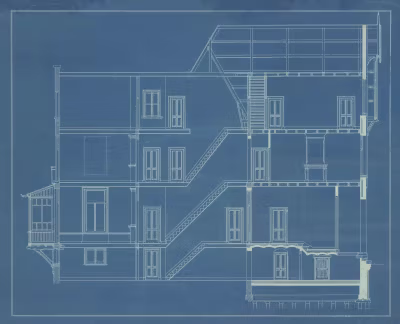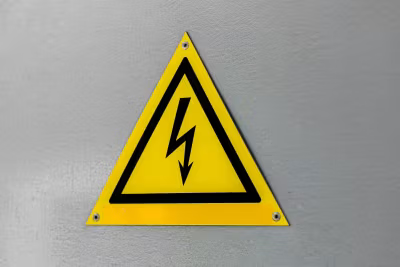Siding, Stucco & EIFS Failures

The exterior walls of a home are its first line of defense against Colorado’s harsh weather. When siding, stucco, or EIFS (Exterior Insulation and Finish Systems) are installed incorrectly, they can trap water instead of shedding it. Over time, that trapped moisture causes hidden rot, mold, and structural deterioration. What appears from the outside as a few cracks or stains often conceals widespread damage beneath the surface.
How Exterior Wall Failures Develop
Exterior wall systems are designed to form a protective barrier that directs water away from the building. Proper installation requires precise layering of materials—building wrap, flashing, drainage planes, and cladding—all working together to keep the wall cavity dry.
When contractors skip steps or install materials out of sequence, that barrier fails. Water seeps behind the siding or stucco, soaking into sheathing and framing where it remains trapped. In Colorado’s freeze-thaw climate, repeated moisture cycling leads to cracking, separation, and ultimately structural decay.
Stucco and EIFS are particularly vulnerable because they are rigid and moisture-sensitive. If applied too thickly, without proper weep screeds or expansion joints, they crack and delaminate. Synthetic EIFS systems, which rely on foam insulation beneath a thin acrylic layer, can trap water for years before homeowners see visible damage.
Common Signs of Siding or Stucco Defects
Cracks or bulging in stucco or synthetic finishes
Stains, efflorescence, or dark streaks on exterior walls
Peeling paint or soft spots beneath siding
Gaps between panels, trim, or window flashing
Mold or musty odors inside exterior walls
Deterioration of sheathing or framing discovered during repairs
By the time these symptoms appear, the underlying damage is often extensive and expensive to fix.
Why These Defects Occur
Most exterior wall failures are caused by improper installation or inadequate drainage design, including:
Missing or misaligned weep screeds and flashing
Incomplete or poorly integrated building wrap
Lack of expansion joints or control joints in stucco systems
Overly thick or uneven stucco application
Use of incompatible materials or fasteners
Poor transition detailing at windows, doors, and rooflines
Builders sometimes try to shift blame to weather or normal aging, but properly constructed wall systems are built to withstand Colorado’s climate. Failures almost always point back to workmanship or design errors.
Who Is Responsible
Under Colorado’s building codes and the Construction Defect Action Reform Act (CDARA), builders, contractors, and developers must ensure exterior wall systems are designed and installed according to code and manufacturer specifications. When they fail to do so, they can be held legally responsible for resulting water intrusion and structural damage.
Manufacturers may also share liability if their systems were sold or specified without proper moisture management guidance.
How Hollington Law Firm Can Help
At Hollington Law Firm, we represent homeowners across Colorado facing damage caused by defective siding, stucco, or EIFS installation. We work with experienced building envelope engineers and forensic consultants to identify the cause, document the extent of hidden damage, and pursue recovery for proper repair or replacement.
Our firm helps clients navigate Colorado’s Notice of Claim process, negotiate with builders and insurers, and, when necessary, litigate to secure full compensation for repair costs, diminished value, and related damages.
Contact Us
If you’ve noticed cracking, staining, or water intrusion through your home’s siding or stucco, contact Hollington Law Firm to schedule a consultation. We’ll help you uncover what’s happening behind the walls, determine who is responsible, and take action to protect your home and investment.
Have Questions About Your Case?
Schedule a free 15-minute screening call to discuss your construction defect or property damage claim with our experienced attorneys.



